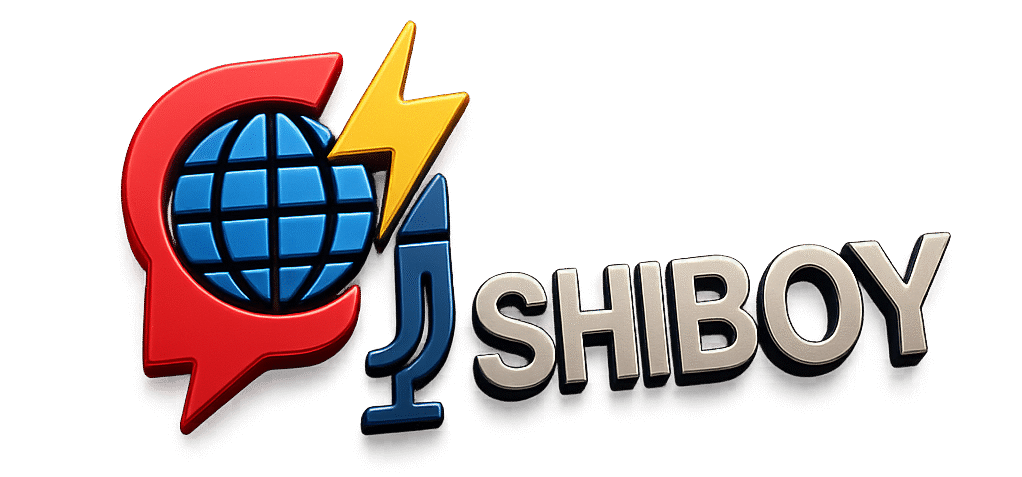Former J&K CM Mehbooba Mufti urged the Centre to abandon its security-centric approach and embrace dialogue, asserting PM Modi could resolve the Kashmir issue. She criticized the revocation of Article 370 for deepening alienation, not bringing peace. Defending PDP’s alliance with BJP in 2015, she emphasized the party’s commitment to dialogue and a peaceful J&K integrated with India through mutual respect.
In a powerful and emotionally charged statement, former Jammu & Kashmir Chief Minister and People’s Democratic Party (PDP) president Mehbooba Mufti has urged Prime Minister Narendra Modi to take a bold and historic step towards healing Kashmir’s wounds through dialogue and reconciliation.
Speaking to reporters in Srinagar, Mufti emphasized that despite political differences, the path to lasting peace and development in Jammu and Kashmir lies in meaningful engagement — not alienation.
🗣️ “Modi Ji Can Rewrite History”
“PM Modi has a historic opportunity,” said Mufti. “He can choose the path of reconciliation and dialogue, and rewrite the troubled history of Jammu and Kashmir.”
Drawing comparisons with former Prime Minister Atal Bihari Vajpayee’s legacy of “Insaniyat, Jamhooriyat, and Kashmiriyat,” she urged Modi to “rise above politics and ideology” for the sake of India’s unity and Kashmir’s dignity.
🔍 Context: The Kashmir Discontent
Since the abrogation of Article 370 in August 2019, Jammu and Kashmir has been under increased political centralization. Mainstream leaders including Mehbooba Mufti were detained, and political dissent was curbed. The region has seen prolonged restrictions, internet blackouts, and frequent crackdowns.
Mehbooba Mufti has consistently criticized the Centre’s decisions and has called for the restoration of J&K’s special status, release of political prisoners, and trust-building with the local populace.
🤝 Dialogue vs. Disruption
“Dialogue is not weakness,” said Mufti. “It’s the strength of a confident democracy. If we can speak to adversaries across the border, why not talk to our own people in Kashmir?”
She also warned that continuing with policies of exclusion would only breed further alienation, anger, and mistrust, particularly among the youth.
🧩 Political Ramifications
Mufti’s call for dialogue comes just as speculation grows over upcoming J&K Assembly elections. Opposition parties have been demanding clarity on election dates, while the Centre maintains that “normalcy” has returned to the region.
The PDP leader, however, remains skeptical: “Normalcy is not about silence enforced by fear. It’s about allowing voices to speak, to dissent, and to hope.”
🔦 What She Wants
Mehbooba Mufti outlined a five-point demand for the Centre:
-
Initiate formal dialogue with J&K political stakeholders
-
Restore Article 370 and 35A or allow public referendum on the matter
-
Release all political prisoners and activists
-
Ensure free and fair elections under international observation
-
Uplift local economy through employment programs and development grants
🗳️ Mixed Reactions
While some parties have backed her call, BJP leaders dismissed her appeal as political rhetoric. “She wants Article 370 back, but the nation has moved forward,” said a BJP spokesperson.
Meanwhile, on social media, public opinion remains split. Hashtags like #DialogueForKashmir and #MehboobaMufti trended briefly, reflecting growing public interest.
📌 Why It Matters
Kashmir remains one of the most complex and sensitive regions in India’s political landscape. Any step towards reconciliation, peace, and democratic restoration would have long-term implications for national unity, human rights, and regional stability.
Conclusion: Mehbooba Mufti’s latest statement might not shift policies overnight, but it serves as a critical reminder — dialogue remains the only bridge between conflict and peace. The question is, will New Delhi cross it?
